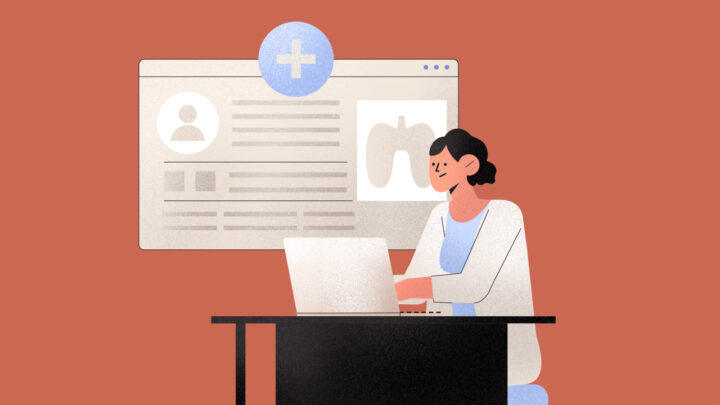
The National Sleep Foundation recommends adults get seven to nine hours of sleep per night. According to a recent Sermo poll, just over half of global doctors – 51 percent – report getting more than seven hours of sleep per night, and an additional four percent report getting over eight hours of sleep per night.
As a Canadian family practitioner noted, “I need seven-eight hours of sleep during the week… and more during the weekend. I need my brain and my body to rest so that I can function at my best and deliver excellent care to my patients with 100 percent concentration and at the same time keeping my cool.”
45 percent of doctors, however, reported getting less than seven hours of sleep per night and an additional four percent say they are getting less than five hours per night. According to the U.K.’s National Health Service, lack of sleep can effect physical health, lead to an increased risk for heart disease, increased blood pressure, heart attack, stroke and obesity – and notably for patients, it also can cause impaired concentration.
So why aren’t some doctors getting the recommended amount of sleep?
Sleep is somewhat subjective, and some doctors do not need as much as others to be on the top of their game. As an internal medicine specialist from Venezuela noted, “Usually I sleep 6 hours, I feel good all day, although the literature says that it is advisable to sleep eight hours.”
Other doctors cited reasons not specific to their professions such as having young children in the house, new puppies, long commutes, or stress within their families. But some doctors raised doctor-specific issues that cause them to lose out on sleep.
Being on-call is one reason doctors do not get enough shut-eye. As one U.S. cardiologist outlines, “on working days: 5-6; on on-call nights: whatever.” This sentiment was echoed by a U.S. anesthesiologist who remarked, “since I retired, 8+. Before that, [being on] call every second or third night, never enough. Didn’t realize how chronically sleep deprived I was until I lost the beeper and the alarm.”
School and training requirements also impact physician sleep patterns in a long-term way. As a Canadian general practitioner explained, “medical school has permanently ruined my sleep. I can only sleep 5 hours and then I automatically wake up. If I try to sleep in, I just get a headache. Although I must say when I had gastroenteritis for 3 days, I felt more rested than I have been in years!”
One U.S.-based family practitioner agreed, saying they sleep “five to six [hours], ever since I was a kid, less during internship/residency. Definitely not enough but sometimes all my body will allow me to have even if I have time to sleep more.”
A Mexican pediatrician explained, “Well, I believe that we doctors have a lot of delayed sleep, a lot of accumulated on-calls or being kept awake/not being able to sleep, and in the end it will all have an impact on our life expectancy.”
Paperwork was also cited as a reason that some aren’t getting enough sleep. A Canadian general practitioner explained, “five hours, max… [there’s] too much paperwork! New Year’s resolution: sleep more & let more paperwork wait.”
Missing sleep is sometimes also perceived as badge of honor – as one U.S. psychiatrist who gets between seven and eight hours of sleep per night acknowledged, “I’ll admit it, I need my sleep.” Others feel guilty about taking more time for sleep – as a German doctor commented, “For me, 5 to 6 hours sleep-time is enough. If it is too much, then I feel so bad that I can not do anything during the day.”
The importance of sleep and balancing physician schedules is getting more attention over time. In 2003, the nonprofit that oversees residency programs banned residents from working over 80 hours a week, a rule which was supported by a 2011 study conducted by a different panel of health care experts. Though a causal relationship between promoting sleep and patient outcomes has not yet been established, the discussion about physician sleep habits is active – on Sermo and off.
How do you balance a demanding doctor’s schedule with getting enough sleep? Join Sermo or login to speak your mind on what needs to change to prevent doctors from getting too little rest.














